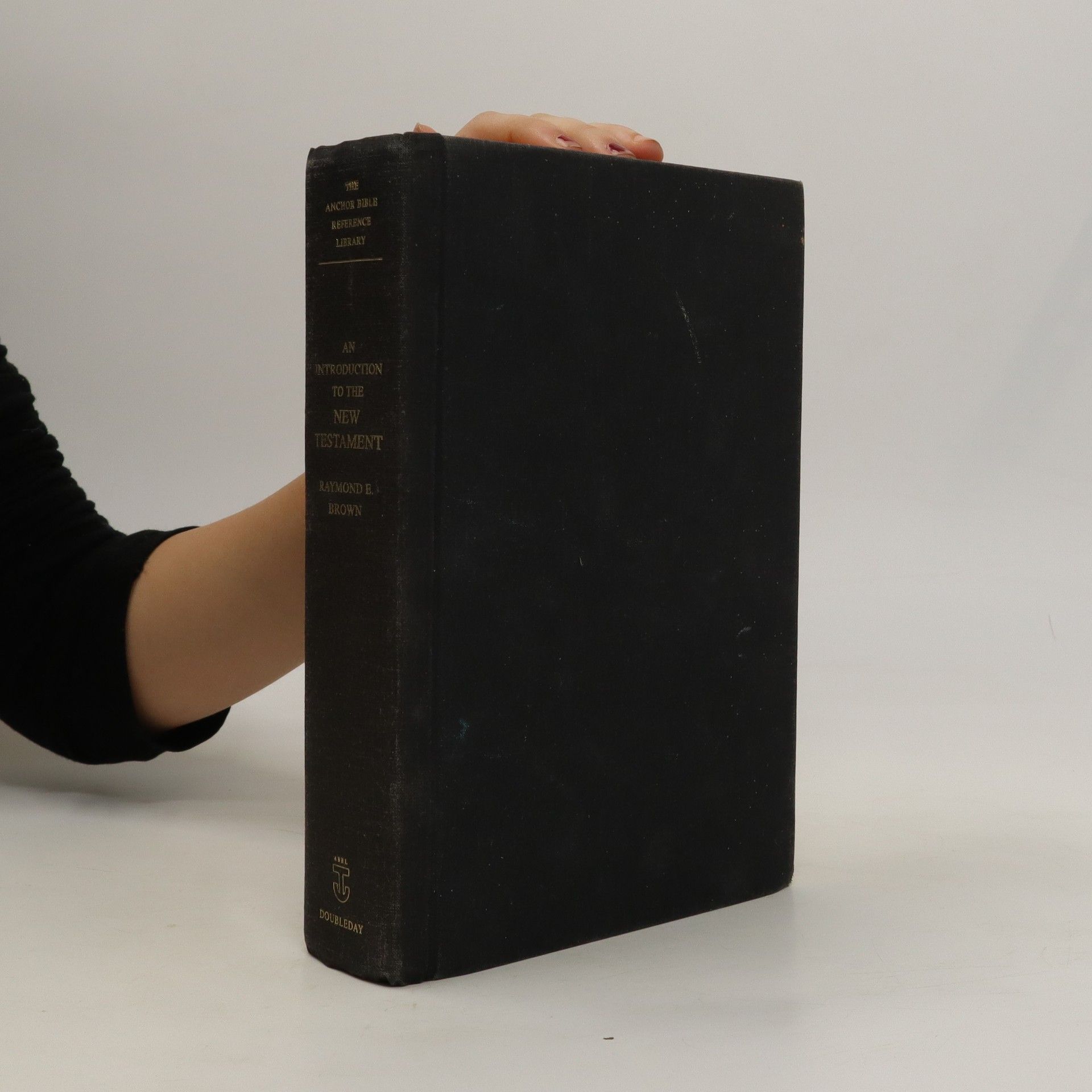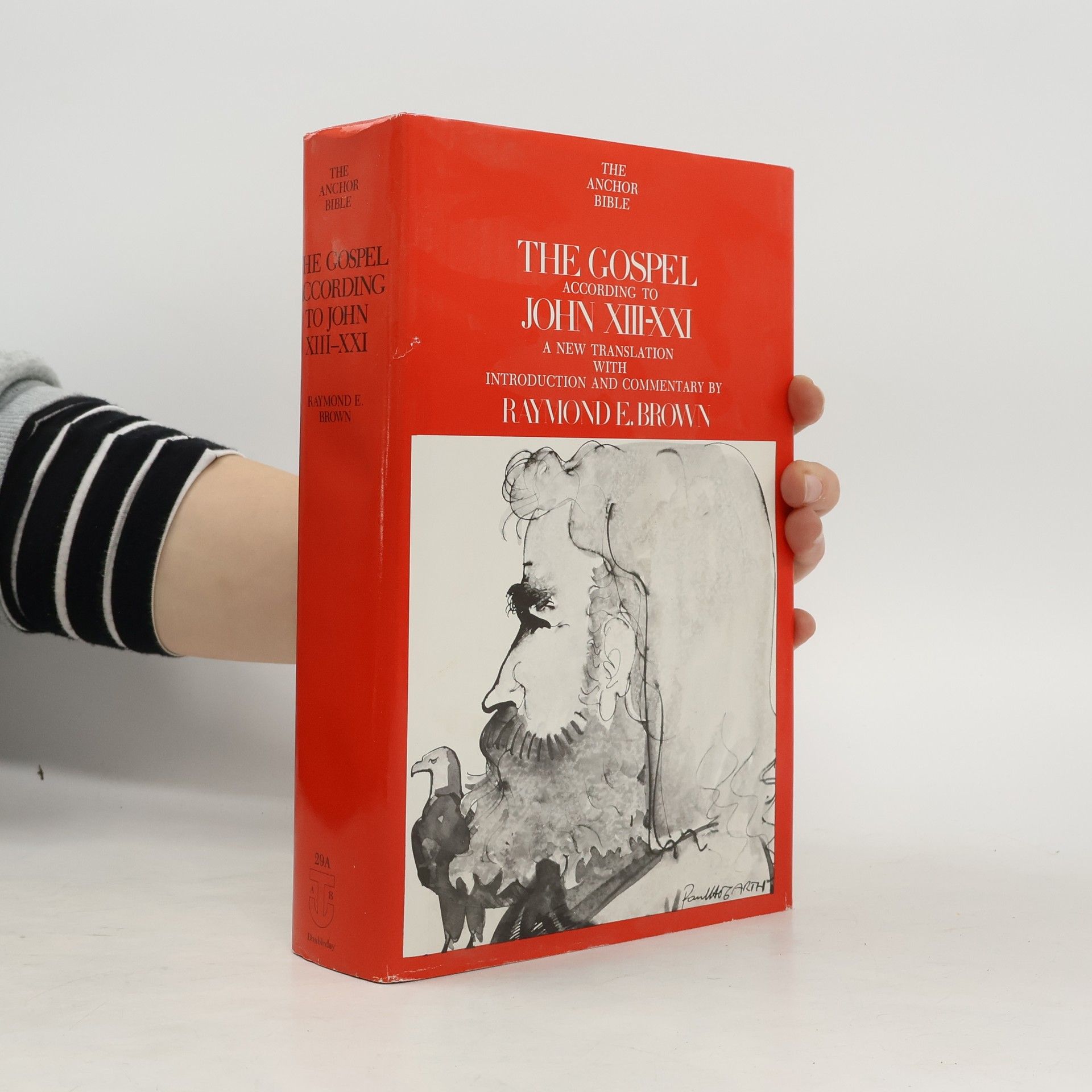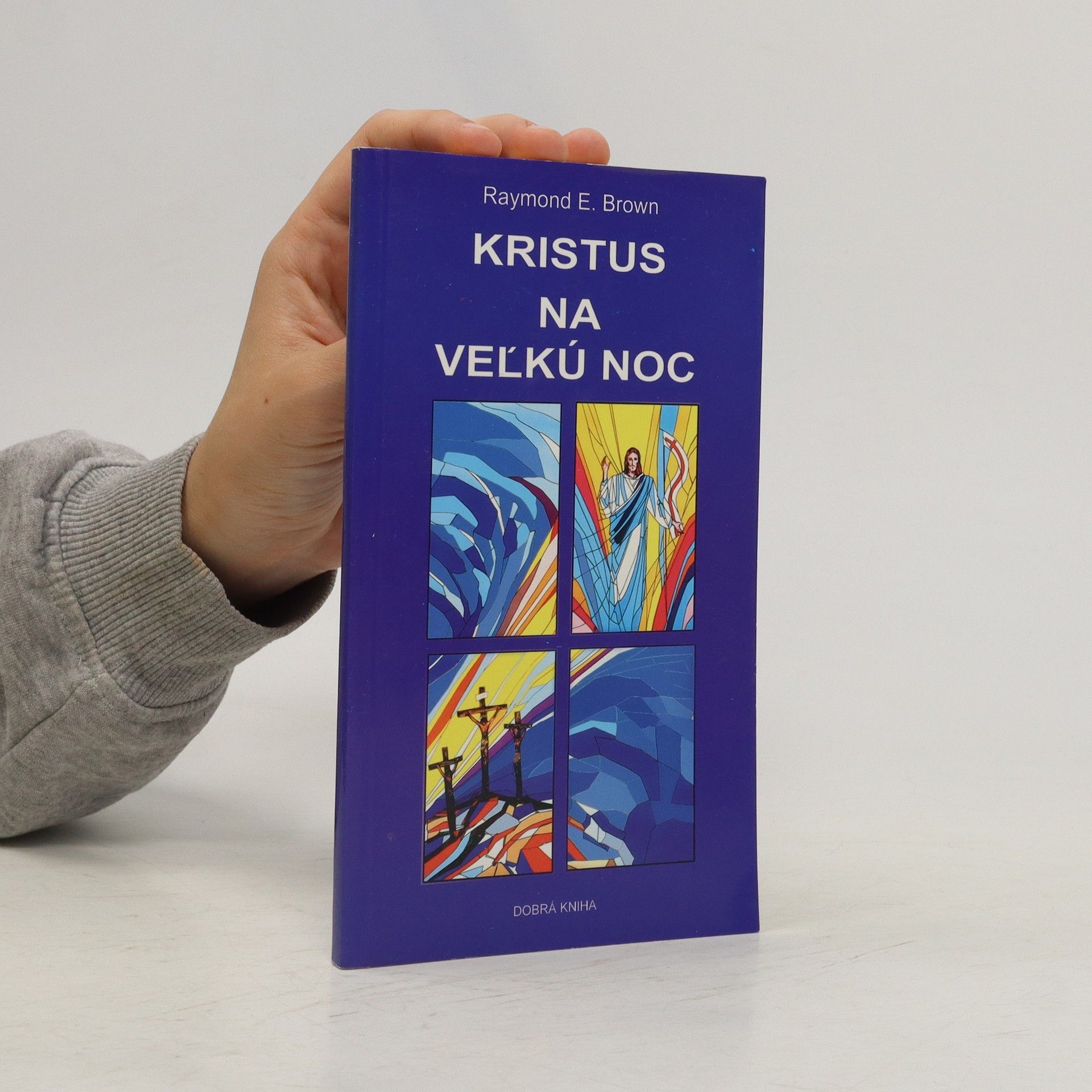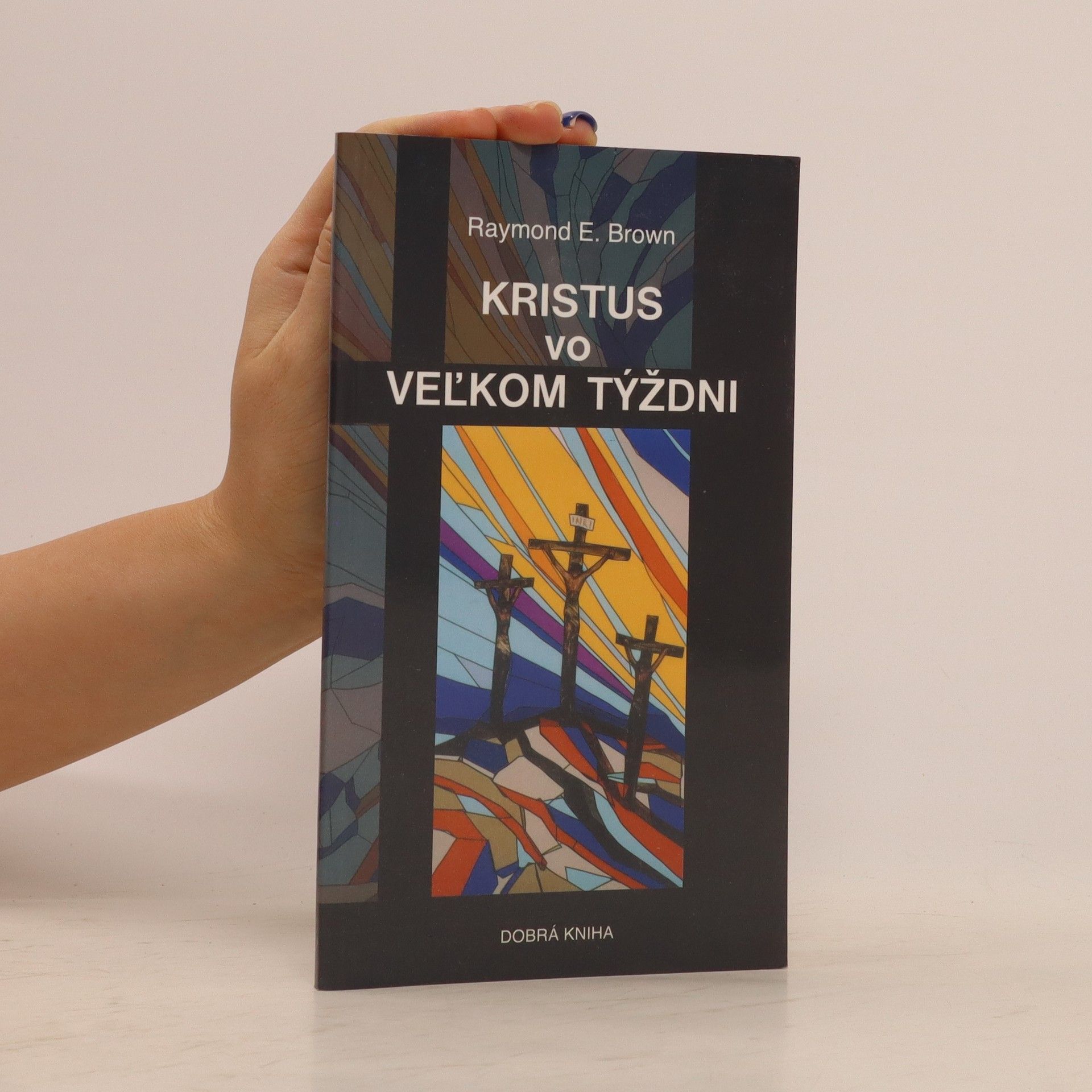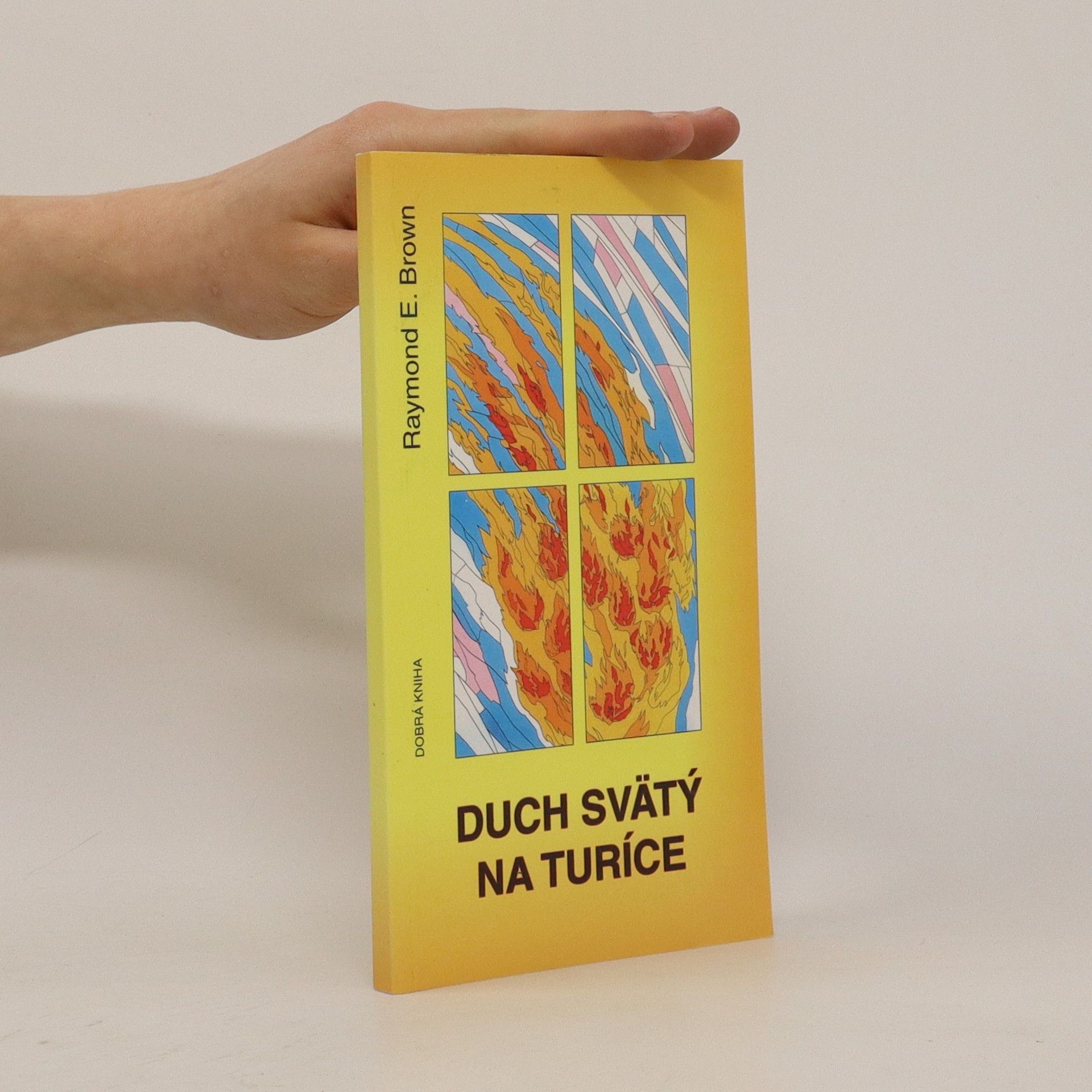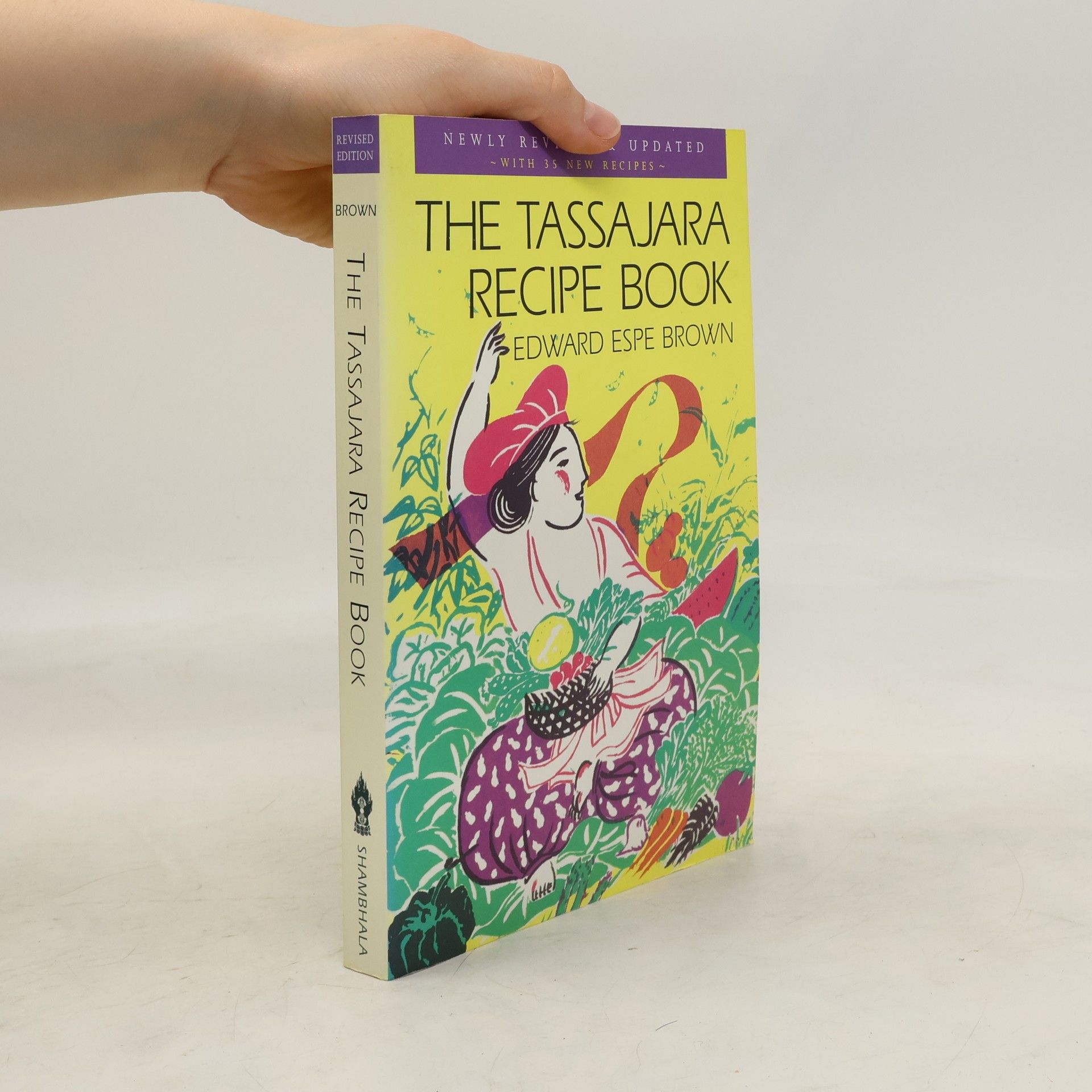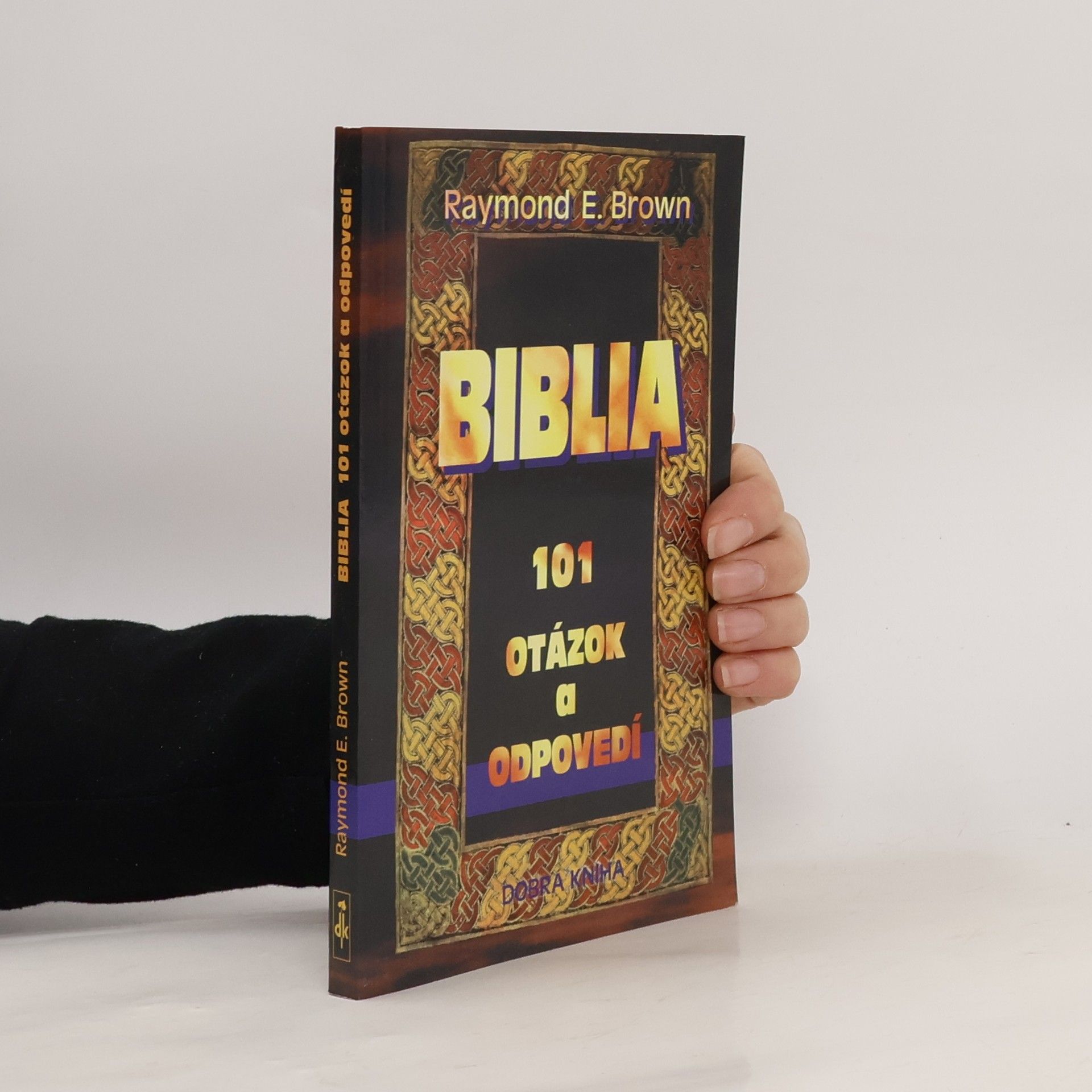The Complete Tassajara Cookbook
- 544 pages
- 20 hours of reading
Edward Brown's Zen approach to the preparation and enjoyment of delicious food has been changing the way people cook for almost four decades. Here is a compilation drawn from all his previous books, including Tassajara Cooking, The Tassajara Recipe Book, and Tomato Blessings and Radish Teachings—along with new recipes and illustrations. Brown's cooking style focuses on fresh, seasonal ingredients and whole foods. From soups and salads, to sauces and spreads, entrees and desserts, and the pastries and breads he is famous for, Brown presents over three hundred easy-to-make recipes including Cardamom Lemon Soda Bread, Tassajara Spinach Pie, and Tofu Pad Thai. Brown's subtle and gentle teachings will inspire even the most apprehensive cook to take to the kitchen. The Complete Tassajara Cookbook urges readers to cook, to have fun cooking, to experiment in the kitchen, and to rejoice in the fact that not all of their dishes will come out perfectly. Brown also provides personal reflections on cooking and the Zen path, offering wonderful insights into living a life that celebrates simple food.

